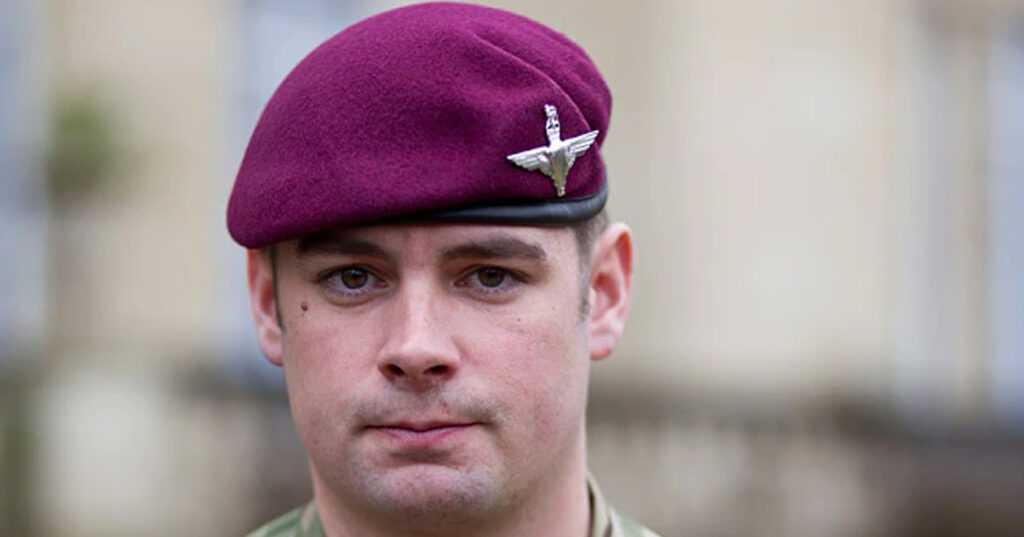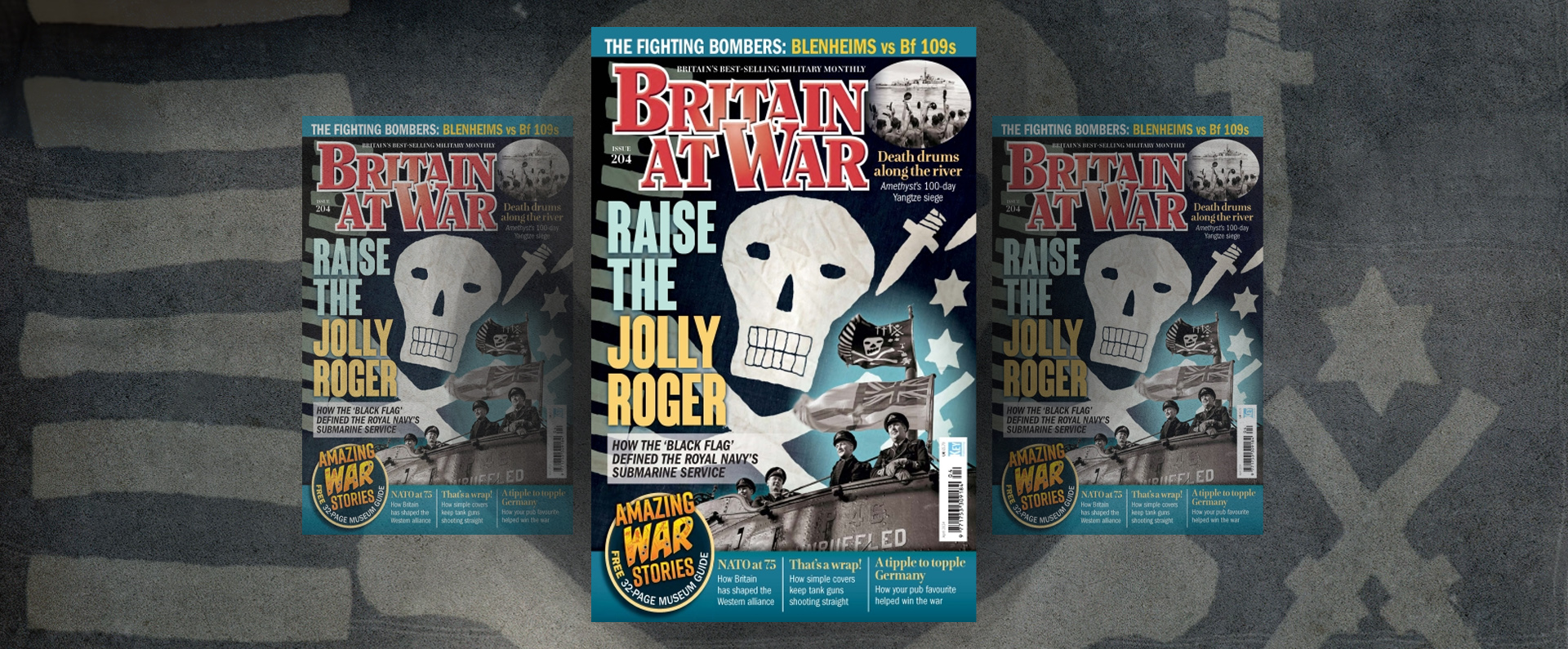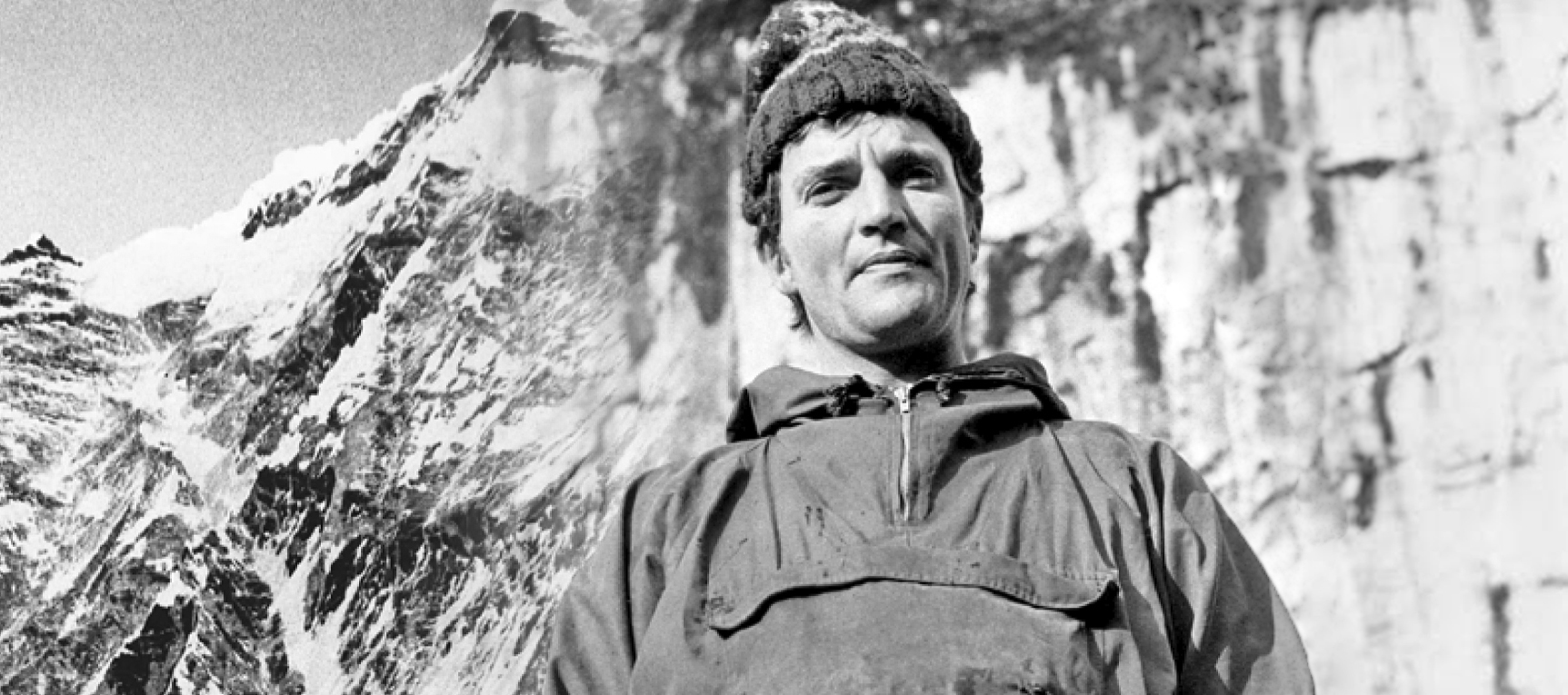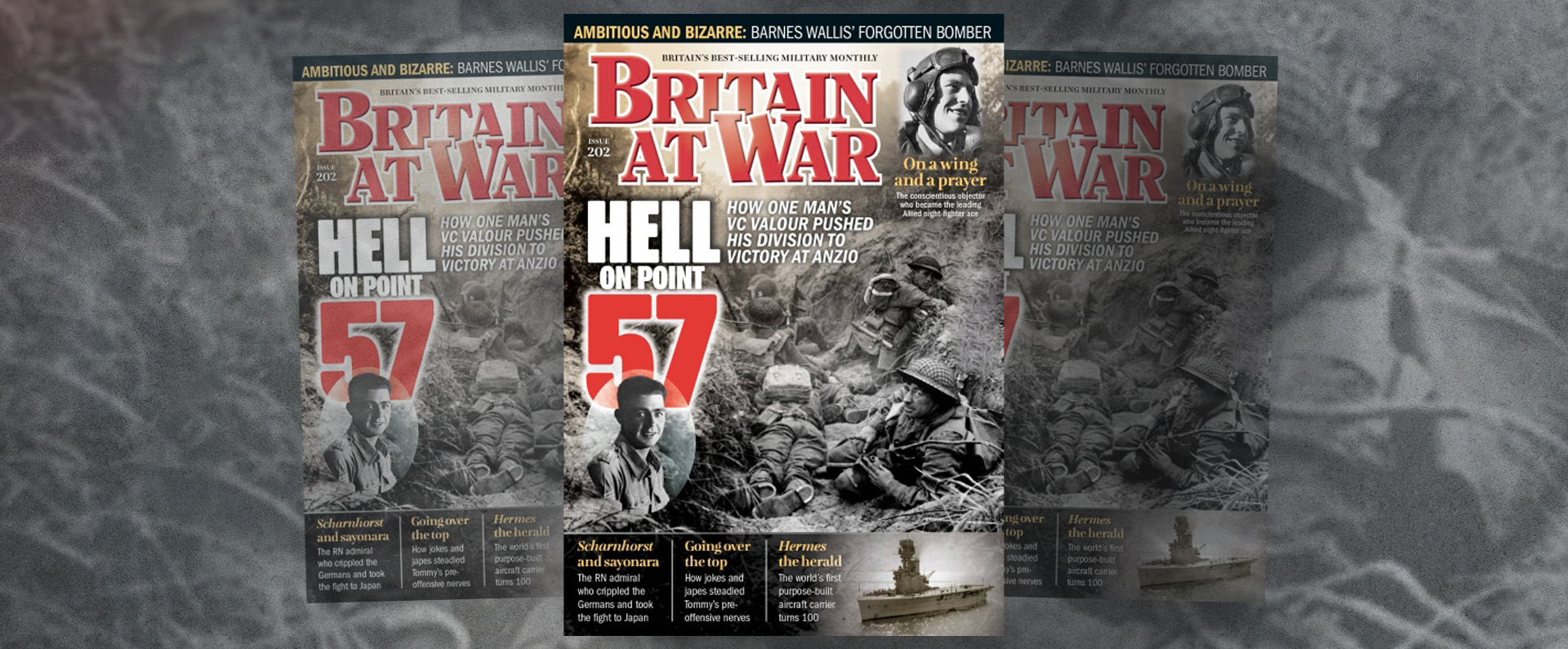
Published in The Telegraph on 27 February 2015.
Lance Corporal Joshua Leakey
It is easy to admire both the bravery of Lance Corporal Joshua Leakey and his modesty when talking about his Victoria Cross-winning action in Helmand Province, Afghanistan, in August 2013. At the time, he said, his greatest fear was of letting his comrades down.
However, it is much harder to understand exactly what made him behave so coolly and courageously in the heat of battle – gallantry that has now led to the paratrooper becoming the first living recipient from the Afghanistan campaign to be awarded Britain and the Commonwealth’s most prestigious bravery award.
I have been fascinated by the concept of courage for half a century – so much so that I have written five books on the subject and amassed the world’s largest collection of Victoria Cross medals (currently 189). Yet even with a small degree of expertise in the subject, it is still easier to pose many questions than it is to answer them.
What is it that makes some people respond to danger differently? Are we all capable of a certain level of bravery, given the right circumstances? What is the crucial factor that makes some people more courageous? Is it in their upbringing or their training? Are they motivated by patriotism, religious conviction, a respect for those who fight alongside them, an old-fashioned sense of duty? Or is it simply in their genes?
It is interesting to note that L/Cpl Leakey is not the first member of his family to be awarded the VC. His second cousin, twice removed, Sgt Nigel Gray Leakey, was posthumously awarded the medal for his courage in Abyssinia during the Second World War. And given the fact that the VC has only been awarded 1,358 times since it was instituted by Queen Victoria in 1856, there is indeed evidence for a “bravery gene”, in so much as several members of a single family have often been decorated for their courage in battle.
The statistics show that, over the past 159 years, not only have three fathers and sons been awarded the VC, but also four pairs of brothers. And there are numerous other cases of blood relatives being awarded two or more gallantry awards.
If there was ever an award for Britain’s bravest family, then it would surely have to go to the Goughs. Major Charles Gough (later Sir Charles) was awarded the VC for saving the life of his brother, Lieut Hugh Gough (later Sir Hugh) during the Indian Mutiny in August 1857. Hugh Gough was then awarded a VC of his own for courage in November of the same year when he was wounded charging enemy guns. More was to come when Brevet Major John Gough, the son of Charles, was awarded the family’s third VC for bravery in Somaliland in 1903.
I believe there are broadly two types of bravery: spur-of-the moment courage and premeditated, or what I sometimes refer to as “cold” courage. Members of the Special Forces and bomb disposal experts repeatedly go into dangerous situations knowing that they must risk their lives – and thereby display “cold” courage.
Other members of the Armed Forces are more likely to be asked to show spur-of-the-moment bravery perhaps, when their blood is up at the height of a battle, going to the aid of a wounded friend or comrade.
This is exactly what L/Cpl Leakey, now 27, did in the most dangerous of circumstances, running through heavy fire, with bullets landing all around him, as he raced to rescue trapped and wounded comrades, including a US Marine. He has spoken eloquently about the fact that he did not even consider what might happen to him, he just wanted to help his fellow servicemen and “improve the situation” for others. Yet extraordinarily enough he is clearly capable of premeditated courage, too, because his broader role with the 1st Battalion of the Parachute Regiment is to support Special Forces missions.
In my work with the military and as part of my desire to highlight great courage, I am privileged to meet many highly decorated servicemen – invariably their bravery is matched by their humility and modesty. One such man that I had the pleasure of meeting this month, as part of my support for Blind Veterans UK, was Rifleman Paul Jacobs who, aged just 21, was awarded the George Medal in 2010 for courage in protecting comrades from improvised explosive devices (IEDs) in Afghanistan the previous year.
Rifleman Jacobs, who was blinded when a Taliban IED detonated, told me how in the heat of the moment he felt that his brain had not registered what was going on but his body just “took over”. He also spoke movingly of his pride in “the flag” – the Union flag – and his determination to serve his country.
L/Cpl Leakey captured this sense of duty, too, earlier this week when he calmly explained how he had dealt with his own life-and-death situation: “It’s part of the very nature of being in the Army, and especially the Parachute Regiment, that we have to adapt to situations you don’t expect to happen.” Pointing to the badge on his maroon Parachute Regiment beret, he added: “The only thing I was really scared of was letting this down. That to me, that’s why I joined, that’s why I joined the Army to be a paratrooper.”
At times in recent decades, I have become slightly frustrated at not being able to comprehend what makes some men, such as L/Cpl Leakey, so courageous that they gain membership of that special group of people: “the bravest of the brave”. Naturally, not every member of a given family is brave just because one its members has been awarded the VC or another top gallantry award. But after a lifetime’s study, I have come to believe that bravery does indeed run in the blood.
Not, of course, that we have to be able fully to understand courage: we simply have to be able to admire, cherish and champion those who display it.
Read this article on Telegraph.co.uk
For more information, visit:



